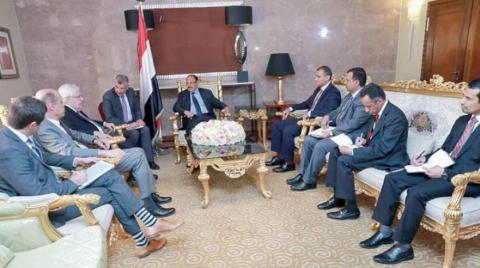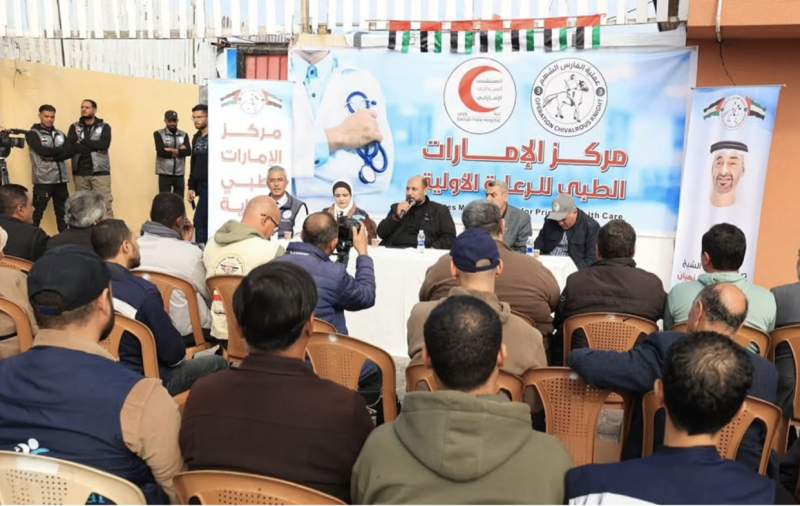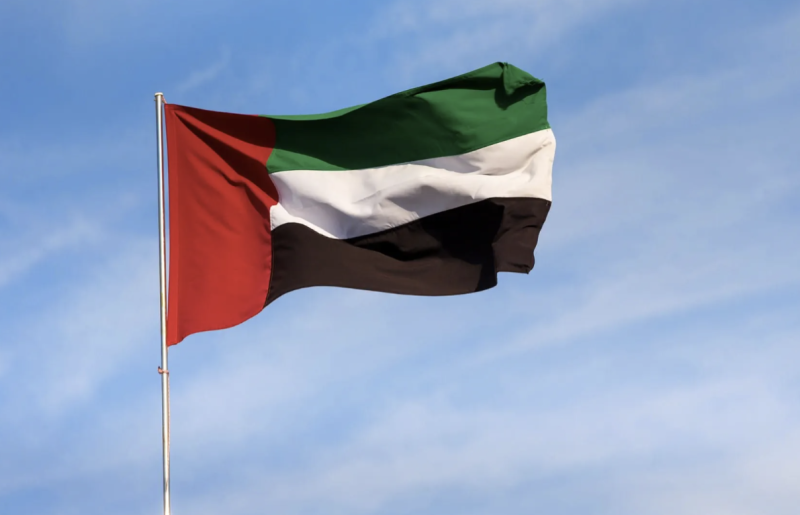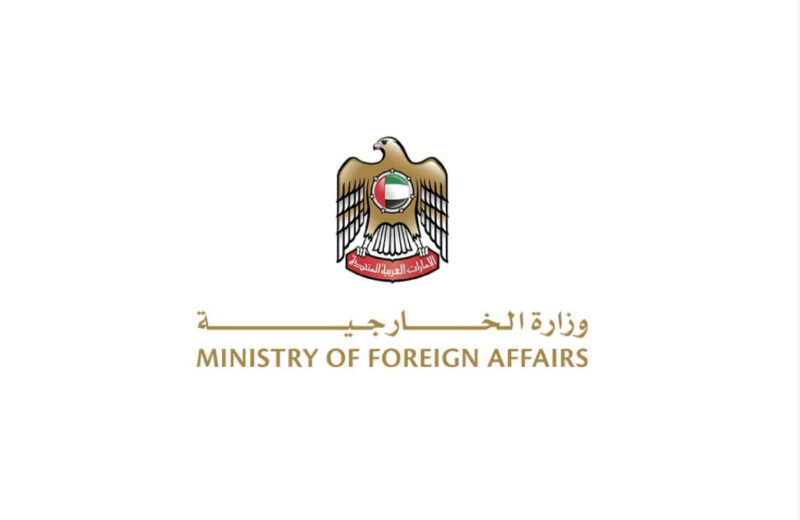Correction: Yemen story


In a story Feb. 6 about Western arms supplied to the Yemen war, The Associated Press incorrectly cited Amnesty International researcher Patrick Wilcken as saying that American and British weapons had ended up in the hands of the Islamic State group and al-Qaida. The researcher said only that the arms had been siphoned off to local militias in Yemen that are backed by the United Arab Emirates.
A corrected version of the story is below:
Amnesty calls for halt to arms sales to Saudi-led coalition
Amnesty urges West to stop supplying weapons to Yemen’s warring sides, saying they end up in the hands of ‘unaccountable’ militias.
An international rights group urged the West on Wednesday to stop supplying weapons to parties to the conflict in Yemen, saying the arms were ending up in the hands of “unaccountable” local militias.
Amnesty International researcher Patrick Wilcken said the proliferation of militias backed by the United Arab Emirates is “worsening the humanitarian crisis and posing a growing threat to the civilian population.”
“Emirati forces receive billions of dollars’ worth of arms from Western states and others, only to siphon them off to militias in Yemen that answer to no-one and are known to be committing war crimes,” he said.
“The proliferation of these fighting forces is a recipe for disaster for Yemeni civilians who have already been killed in their thousands, while millions more are on the brink of famine as a direct result of the war.”
Investigations by the Amman-based Arab Reporters for Investigative Journalism and CNN showed that the arms had fallen into the hands of extremist groups like al-Qaida. The UAE has not commented on the allegations.
The Saudi-led coalition, which includes the UAE, has been at war in Yemen with Iran-aligned Houthi rebels since 2015.
An Associated Press report last August uncovered deals struck between the coalition and al-Qaida, during which weapons and cash passed from Gulf commanders and their allies to al-Qaida-linked militants fighting alongside them against the rebels.
Germany, the Netherlands and Norway have restricted arms deals to coalition members, while several other Western countries, including the U.S. and Britain, have continued supplying weapons.
The war in Yemen has killed thousands and displaced over 3 million people. Peace talks, restarted in Sweden last year, have yet to achieve a major breakthrough.
The Houthi rebels and Yemeni government representatives are holding meetings in Jordan on a prisoner exchange, which was agreed on in Sweden. The exchange still hasn’t been carried out as each side is requesting more prisoners than the other claims to be holding.
Abdel-Qader al-Murtada, a member of the Houthi delegation, told reporters that releasing all the detainees will not be possible and the two delegations are discussing the possibility of exchanging half of the prisoners on the lists.
He said the Houthis are holding Emirati and Saudi war captives and that they demand the release of 7,500 Houthis in exchange. He said the two sides are not meeting face to face in Jordan but are talking through U.N. mediators.
A U.N. monitor is also meeting with the warring parties in a ship moored off Yemen’s Red Sea coast to agree on a plan for a Houthi withdrawal from Hodeida, a strategic port city controlling access to the country’s north.
Copyright 2019 The Associated Press. All rights reserved. This material may not be published, broadcast, rewritten or redistributed.
AFP.

Abu Dhabi -- The UAE has inaugurated the Emirates Medical Centre in Khan Younis, south of the Gaza Strip, as part of the Operation Chivalrous Knigh…

Abu Dhabi -- The United Arab Emirates has condemned the shooting incident that occurred at Brown University in the state of Rhode Island, which res…

Abu Dhabi -- The United Arab Emirates has condemned in the strongest terms the terrorist attack that occurred at a Jewish gathering in the city of…